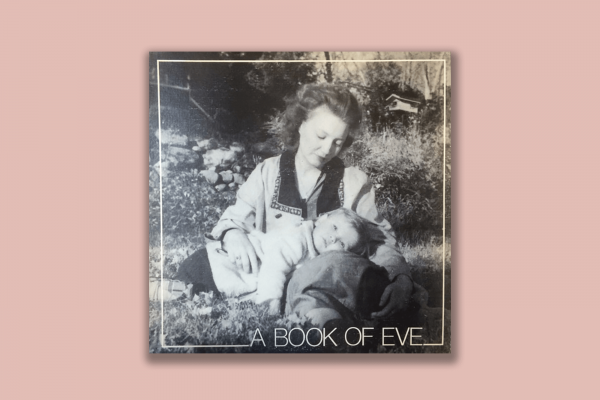LIKE MOST POETS, she is largely unknown, but 97-year-old Catherine de Vinck can live with that. She has a dozen published volumes to her credit, a collection titled The Confluence of Time that she is working to publish, and the love of Christians drawn to the sometimes-shaky Jacob’s ladder of contemplation and social action. Thomas Merton was among her readers.
“Nothing stands still long enough / for us to find the first imprint / to grasp the pure moment of origin. / How then can we see the world as it is,” she writes in her poem “Ever-Changeless/Even-Changing.”
De Vinck lives a life of solitude in New Jersey but grew up in Brussels during the Nazi occupation. Her family once hid a Jewish girl in their home; her father, since he belonged to the underground resistance, was hunted by the Gestapo. “I believe compassion is simply one of the components of being human,” she says. In “God of My Life,” she writes, “Sometimes I hide your name / like a piece of silver / kept in a deep pocket of silence.”
Many of her poems are dialogues with God, prophetic verse flaming with fierce inquiry. She begins “I Hear a Manner of Answers” with the seeker’s perennial question: “I ask / and in my daily dust ask again: / Where is the way?”
And in the poem “Jesus Washes Peter’s Feet,” alert to the fragmented world, to wars and refugees and suffering, she writes: “I die / in all places of terror / at all hours / Rome, Constantinople, Auschwitz / Hiroshima, Babi Yar, Mylai ... ”
“God’s world,” she reminds me, “is not made of different pieces glued together. All things are held together in his love.”

Got something to say about what you're reading? We value your feedback!







